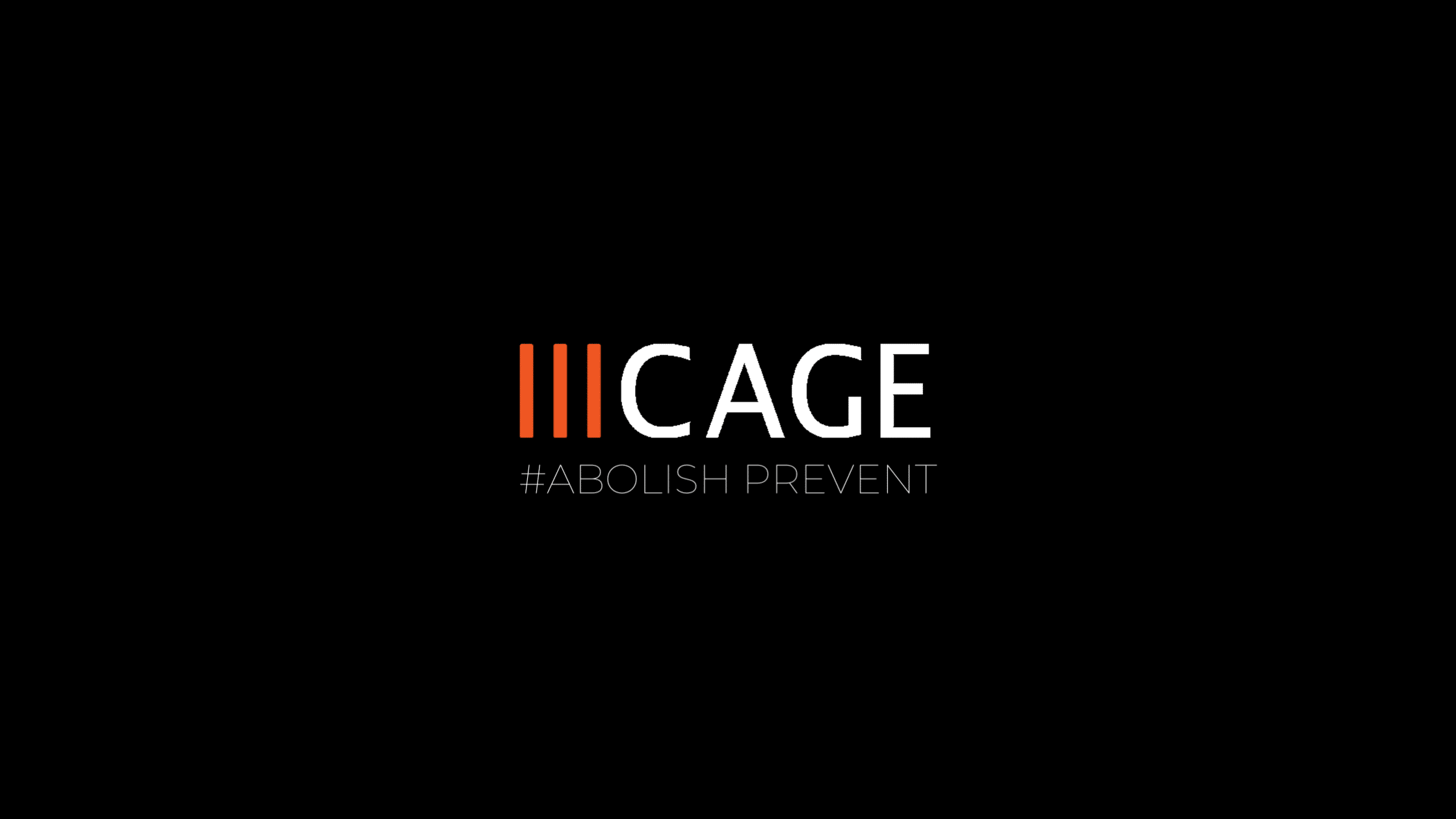JOINT COMMITTEE ON HUMAN RIGHTS REVIEW OF TERRORISM PREVENTATIVE INVESTIGATION MEASURES SUBMISSION


1.0 EXECUTIVE SUMMARY
1.1 CagePrisoners welcomes the call from the Joint Committee on Human Rights for submissions on Terrorism Prevention and Investigation Measures (TPIMs). In their 2010 election manifesto, the Liberal Democrats promised to “scrap control orders, which can use secret evidence to put people under house arrest”. Yet when the coalition government brought TPIMs into force in December 2011, it was clear that this new regime did little to restore our civil liberties. As has been widely documented by CagePrisoners and many other human rights organisations, TPIMs are simply control orders rebranded.
1.2 CagePrisoners recognises that the JCHR has expressed grave concerns about the TPIMs regime in the past through its own reports and consultations. We also wish to commend the JCHR for endeavouring to produce yearly reports on the human rights implications of TPIMs, especially given that Parliament is no longer required to renew these powers yearly.
1.3 TPIMs continue to have a profound impact on the lives of TPIM subjects and their families. In the following submission, CagePrisoners draws on interviews we have conducted with current TPIM subjects and their solicitors in order to respond to the JCHR’s call for evidence. We discuss the impact of many different TPIM regulations on detainees and their families. However, CagePrisoners especially urges the JCHR to consider the following:
- Current TPIM's are in all cases stricter then the first batch of Control Orders placed on Cerie Bullivant and others. Detainees thus rightfully feel that things have stayed the same or worsened under TPIMs (as opposed to control orders) and have a heightened sense of hopelessness.
- Despite the reduction in curfew hours, overnight and meeting restrictions still contribute to profound isolation amongst detainees and their families.
- Specific TPIM regulations and poor communications amongst government agencies make
- prolonged unemployment amongst detainees inevitable. This contributes to detainees’ sense of isolation and worthlessness.
- Police have often responded to “breaches” of these measures by arresting detainees – effectively humiliating them and traumatizing their families – even when it was clear that the breach was unintentional and that no harm to the public existed.
- There is a definite belief amongst TPIM detainees that these measures are designed to be breached and facilitate their arrest, rather than being designed with national security objectives in mind.
- These measures have had a profoundly detrimental impact on the mental health of detainees and their families (including severe depression, anxiety and trauma), and also seriously damage relationships among family members.
Download Files








